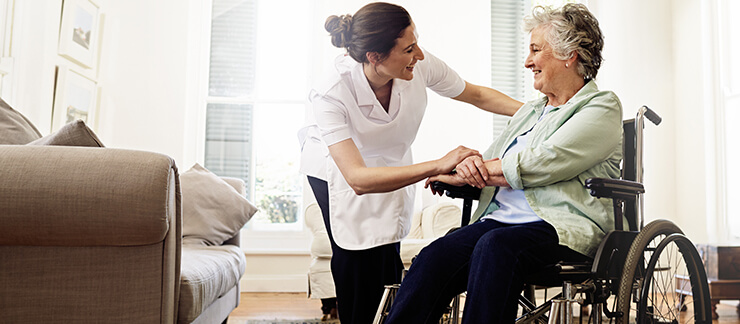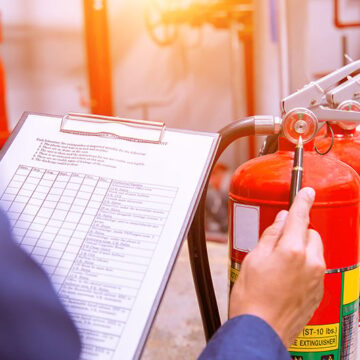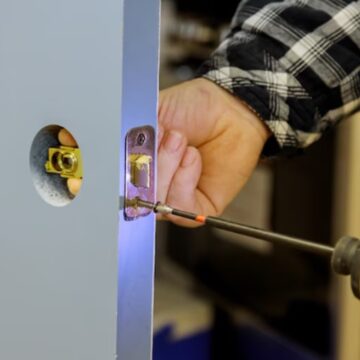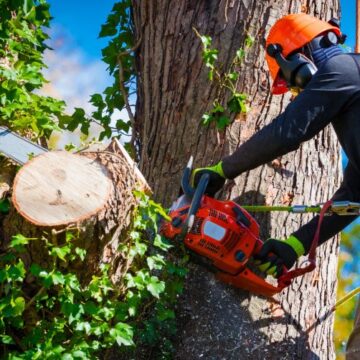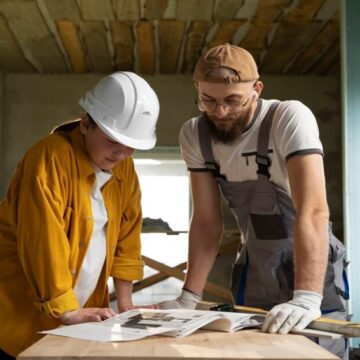Being the person who is solely responsible for the care of an elderly relative can involve quite a bit of stress and pressure. You want to do all that you can for your loved one so that they can live as happy and healthy a life as possible, but this tends to involve a bit of personal sacrifice.
Over time, it is natural for the needs of your elderly relative to increase in regard to their health and wellness. Perhaps they have a certain medical condition that is progressing, or maybe they are struggling with their mental health. Care that once simply involved you ensuring that they get to the shop once or twice a week now requires much more from you on a daily basis.
That being said, it can be tough to recognize the point when you need more help with caring for your elderly relative. If you have recently been struggling to ascertain whether or not additional help is necessary, here are a few of the key signs that you should look for that can indicate that it is time for extra assistance.
A Sudden Decline in Health
One of the most challenging aspects of caring for an elderly relative involves their health. The fact of the matter is that things in this area can change very quickly and decline rapidly. Failure to get your relative the help that they need when it comes to your health can result in complications.
Unless you are a trained and qualified medical professional, a sudden decline in health is a sign that you need help with elderly care. Make sure to consult with their physician to make sure that you are taking all necessary steps with regard to your elderly relatives’ health. It might be time to start looking into more full-time care in the form of a care home.
You can learn more about what this process entails at signature-care-homes.co.uk.
Mobility Issues
Another one of the more common indicators that your elderly relative or loved one needs additional assistance has to do with their mobility. Tripping and falling accidents continue to be some of the most common incidents among seniors and can lead to serious health complications.
If your relative is struggling with their mobility, there are a few courses of action that you can consider. When things aren’t too serious, you might only need to make some adjustments to the manner in which their furniture is set up in their home to give them more space to move about. Removing things like rugs and mats can also alleviate some risks as well.
However, if stability and mobility are becoming increasingly significant issues, you should be proactive about addressing them. You can get a walker or other stability assistance for your relative, or even a mobility scooter for when they are going to be out and about for an extended period of time.
Whenever you are unsure about how to proceed, have a chat with your relative’s physician to see what they would recommend with regard to their mobility.




